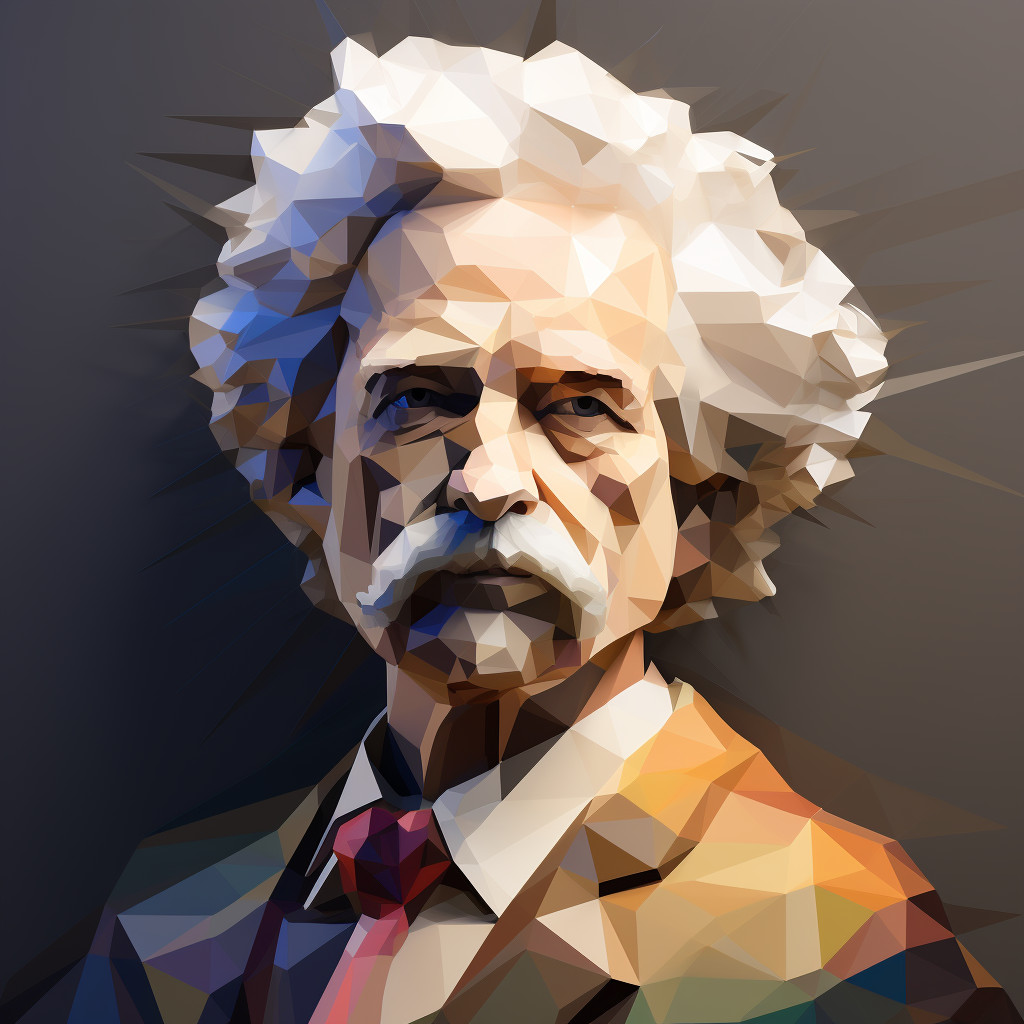'Deception' Quotes
Deception quotes have played a significant role in shaping human behavior and society throughout history. From ancient philosophers like Plato and Sun Tzu to modern leaders like Nelson Mandela and Mahatma Gandhi, deception quotes have inspired individuals to question their own beliefs and actions. T…Read More
Deception quotes have played a significant role in shaping human behavior and society throughout history. From ancient philosophers like Plato and Sun Tzu to modern leaders like Nelson Mandela and Mahatma Gandhi, deception quotes have inspired individuals to question their own beliefs and actions. These quotes have also served as a warning against the dangers of deceit and manipulation, reminding us to always seek the truth and act with integrity. In a world where deception is prevalent, these quotes serve as a reminder to stay vigilant and not fall prey to deceitful tactics. They continue to resonate and motivate people to be honest and transparent in their dealings, making them timeless and relevant in today’s society.Read Less
Deception quotes have played a significant role in shaping human behavior and society throughout history. From ancient philosophers like Plato and Sun Tzu to modern leaders like Nelson Mandela and Mahatma Gandhi, deception quotes have inspired individuals to question their own beliefs and actions. These quotes have also served as a warning against the dangers of deceit and manipulation, reminding us to always seek the truth and act with integrity. In a world where deception is prevalent, these quotes serve as a reminder to stay vigilant and not fall prey to deceitful tactics. They continue to resonate and motivate people to be honest and transparent in their dealings, making them timeless and relevant in today’s society.
173 Memorable 'Deception' Quotations and Sayings
Deception is a concept that has been explored and portrayed in various forms throughout history. From ancient myths and legends to modern literature and media, deception has always held a significant symbolic value. It is a complex and multifaceted concept that has been studied and analyzed by philosophers, psychologists, and sociologists. In this article, we will delve into the concept of deception as it appears in quotes, exploring its symbolic value, cultural and historical significance, common themes in motivational contexts, portrayal in art and media, and its impact on our understanding of life and society.
Deception – Symbolic Value
Deception is often associated with negative connotations, such as dishonesty, betrayal, and manipulation. However, it also holds a symbolic value that goes beyond its negative aspects. In many cultures, deception is seen as a necessary tool for survival and success. As the famous quote by Sun Tzu goes, “All warfare is based on deception.” This quote highlights the strategic and tactical value of deception in achieving victory in battles.Moreover, deception is also seen as a means of protection and self-preservation. As the saying goes, “All the world’s a stage, and all the men and women merely players.” This quote by William Shakespeare emphasizes the idea that we all wear masks and deceive others to protect ourselves from harm or to fit into societal norms.
Deception – Cultural and Historical Significance
The concept of deception has played a significant role in shaping cultural and historical events. In ancient Greek mythology, the Trojan Horse is a prime example of deception used as a military strategy. The Greeks used a giant wooden horse as a gift to enter the city of Troy, but it was filled with soldiers who later emerged and conquered the city. This story has become a symbol of deceit and betrayal in Western culture.In the context of religion, deception is often associated with the devil or evil forces. In Christianity, the serpent in the Garden of Eden is portrayed as a deceiver who tempts Eve to eat the forbidden fruit, leading to the fall of humanity. This story has become a cautionary tale about the consequences of deception and the importance of honesty and trust.
Deception – Common Themes in Motivational Contexts
In motivational contexts, deception is often linked to the idea of “faking it till you make it.” This concept suggests that by deceiving others and projecting a false image of success and confidence, one can eventually achieve their goals. As the quote by Aristotle goes, “We are what we repeatedly do. Excellence, then, is not an act but a habit.” This quote highlights the idea that by deceiving others and ourselves, we can create a habit of success and excellence.Moreover, deception is also used as a motivational tool in self-help and personal development. The quote by Ralph Waldo Emerson, “To be yourself in a world that is constantly trying to make you something else is the greatest accomplishment,” encourages individuals to be true to themselves and not succumb to societal pressures and expectations.
Deception – Portrayal in Art and Media
The concept of deception has been a popular theme in art and media, often used to create suspense and intrigue. In literature, characters who deceive others for their own gain or to achieve their goals are often portrayed as cunning and manipulative. One such example is the character of Iago in Shakespeare’s play Othello, who deceives Othello and others to manipulate them for his own revenge.In movies and TV shows, deception is often used as a plot twist to keep the audience engaged. The famous quote from the movie The Usual Suspects, “The greatest trick the devil ever pulled was convincing the world he didn’t exist,” highlights the idea of deception being used as a tool to hide one’s true intentions.
Deception – Impact on Understanding of Life and Society
The concept of deception has a significant impact on our understanding of life and society. It raises questions about the nature of truth and the blurred lines between reality and illusion. As the quote by Friedrich Nietzsche goes, “Sometimes people don’t want to hear the truth because they don’t want their illusions destroyed.” This quote highlights the idea that we often deceive ourselves to maintain our illusions and avoid facing the harsh realities of life.Moreover, deception also raises ethical and moral dilemmas. In a society where deception is often seen as a means to an end, it becomes crucial to question the boundaries of what is acceptable and what is not. As the quote by Oscar Wilde goes, “The truth is rarely pure and never simple.” This quote emphasizes the complexity of truth and the role of deception in shaping our understanding of it.In conclusion, the concept of deception is a complex and multifaceted one that has been explored and portrayed in various forms throughout history. It holds a significant symbolic value, has played a crucial role in shaping cultural and historical events, and has been a popular theme in motivational contexts, art, and media. Its impact on our understanding of life and society raises thought-provoking questions about the nature of truth and the blurred lines between reality and illusion. As we navigate through a world where deception is often used as a tool for survival and success, it becomes essential to reflect on its implications and the ethical boundaries that govern it.













